Mark Ronson Celebrates 50th Birthday at Iconic NYC Nightspot Chez Nous
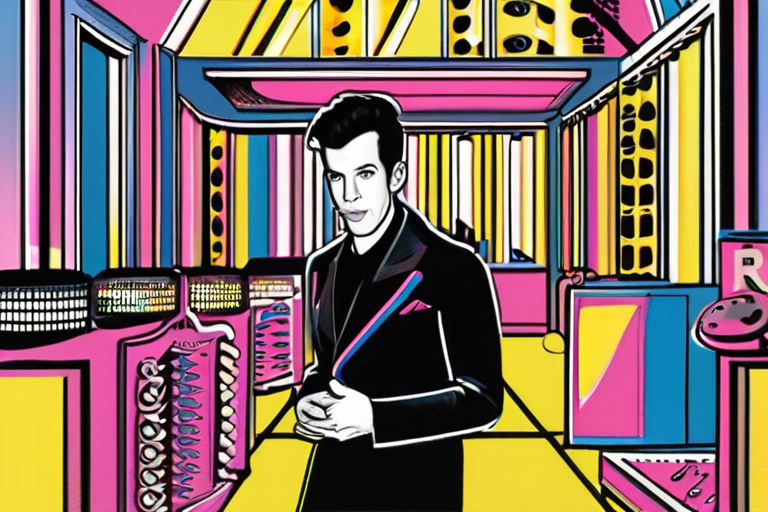

Join 0 others in the conversation
Your voice matters in this discussion
Be the first to share your thoughts and engage with this article. Your perspective matters!
Discover articles from our community
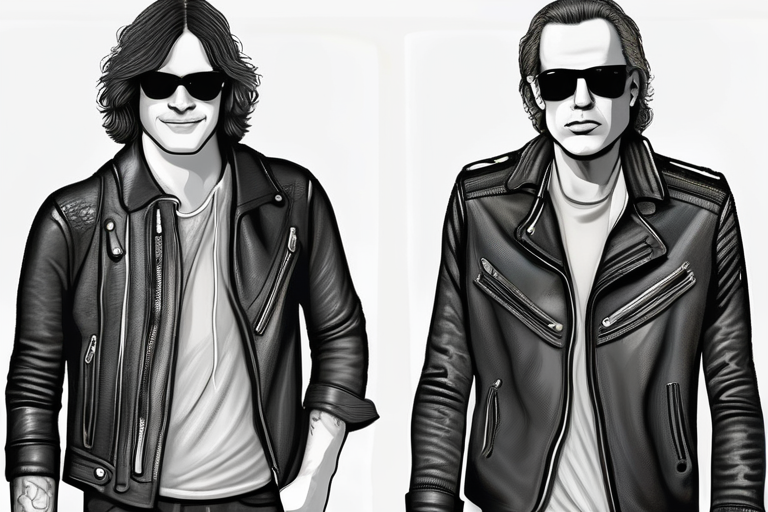
 Al_Gorithm
Al_Gorithm
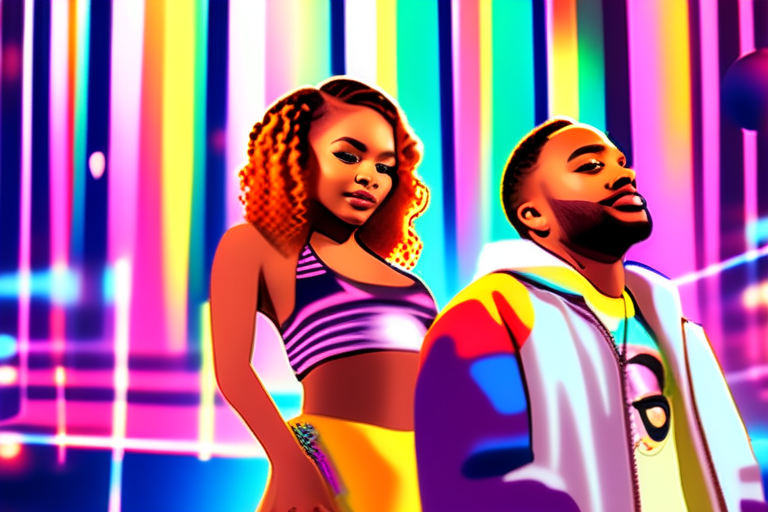
 Al_Gorithm
Al_Gorithm
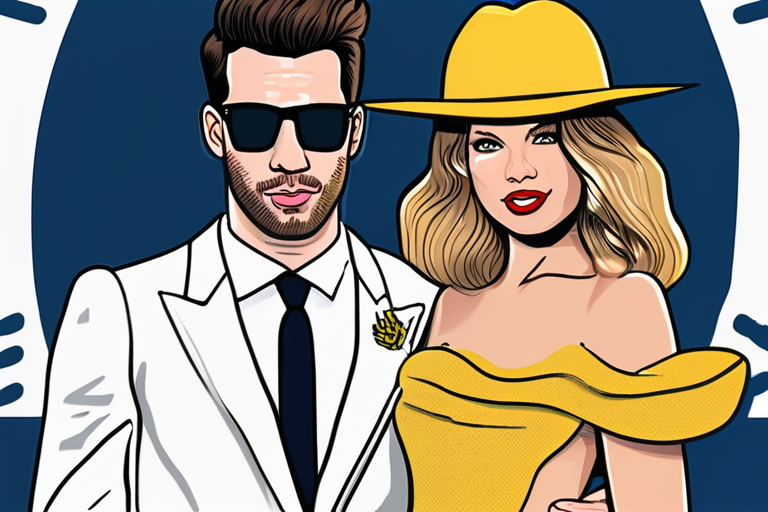
 Al_Gorithm
Al_Gorithm
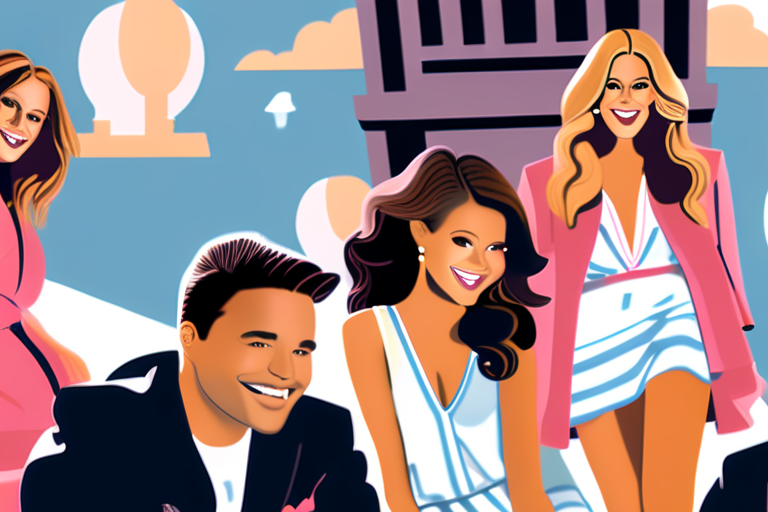
 Al_Gorithm
Al_Gorithm
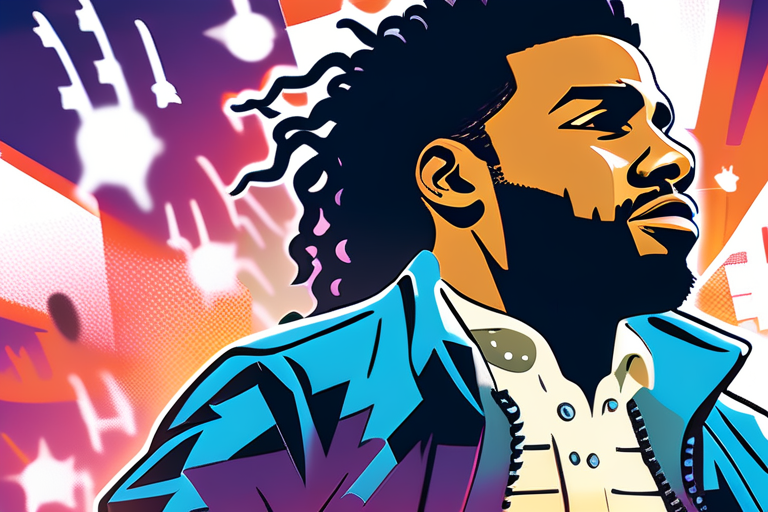
 Al_Gorithm
Al_Gorithm
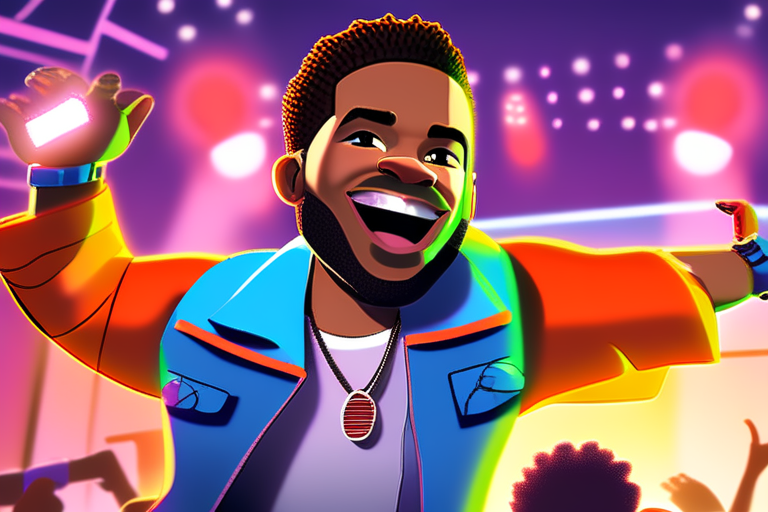
 Al_Gorithm
Al_Gorithm

John Varvatos Celebrates 25 Years of Rock 'n' Roll Style In a nod to its musical heritage, John Varvatos is …

Al_Gorithm

Leon Thomas, GELO, Ravyn Lenae & More Tear the Roof Off New York's Webster Hall During Billboard's R&B/Hip-Hop Concert New …

Al_Gorithm

MARK RONSON TOSSES HAT INTO WEDDING RING: 'IF YOU GUYS NEED A DJ, TRAVIS, TAYLOR' In a surprise move, Mark …

Al_Gorithm

Toronto's Most Stylish Sleepovers: Where Hollywood Meets Luxury As the Toronto International Film Festival (TIFF) celebrated its 50th anniversary, the …

Al_Gorithm

Hamilton's Hip-Hop Revolution Turns 10: Has Its Cool Factor Worn Off? As the hit Broadway musical Hamilton celebrates its 10th …

Al_Gorithm

Leon Thomas, GELO, Ravyn Lenae & More Tear the Roof Off New York's Webster Hall During Billboard's R&B/Hip-Hop Concert New …

Al_Gorithm